
Green Water Algae Profile and How to Remove Shrimp and Snail Breeder
According to experts, the Blue-green algae Oscillitoria splendens is mainly found in freshwater aquariums. A nutrient minimum is sufficient for this species to grow, and it enters the aquarium, for example, via plants, substrate, or even spores from the ambient air.

Bluegreen algae (BGA) Aquascaping Wiki
Aquarium keepers tend to call green, flat, tiny algae spots as spot algae. Those algae are attached to the substrate very strongly. They start out as spots, looking a bit like tiny polka dots. Bit by bit, if their environment is favorable, the spots can widen to extensive coats. They are mostly found on the aquarium glass but also on the.

Green algae Stock Image B302/0257 Science Photo Library
Spot algae are seen as circular, thin, bright green spots that adhere strongly to the surface of the glass and other hard surfaces. Typical causes are excess light and excess nutrients. If your tank is experiencing green spot algae on plants, likely it's due to low phosphates.
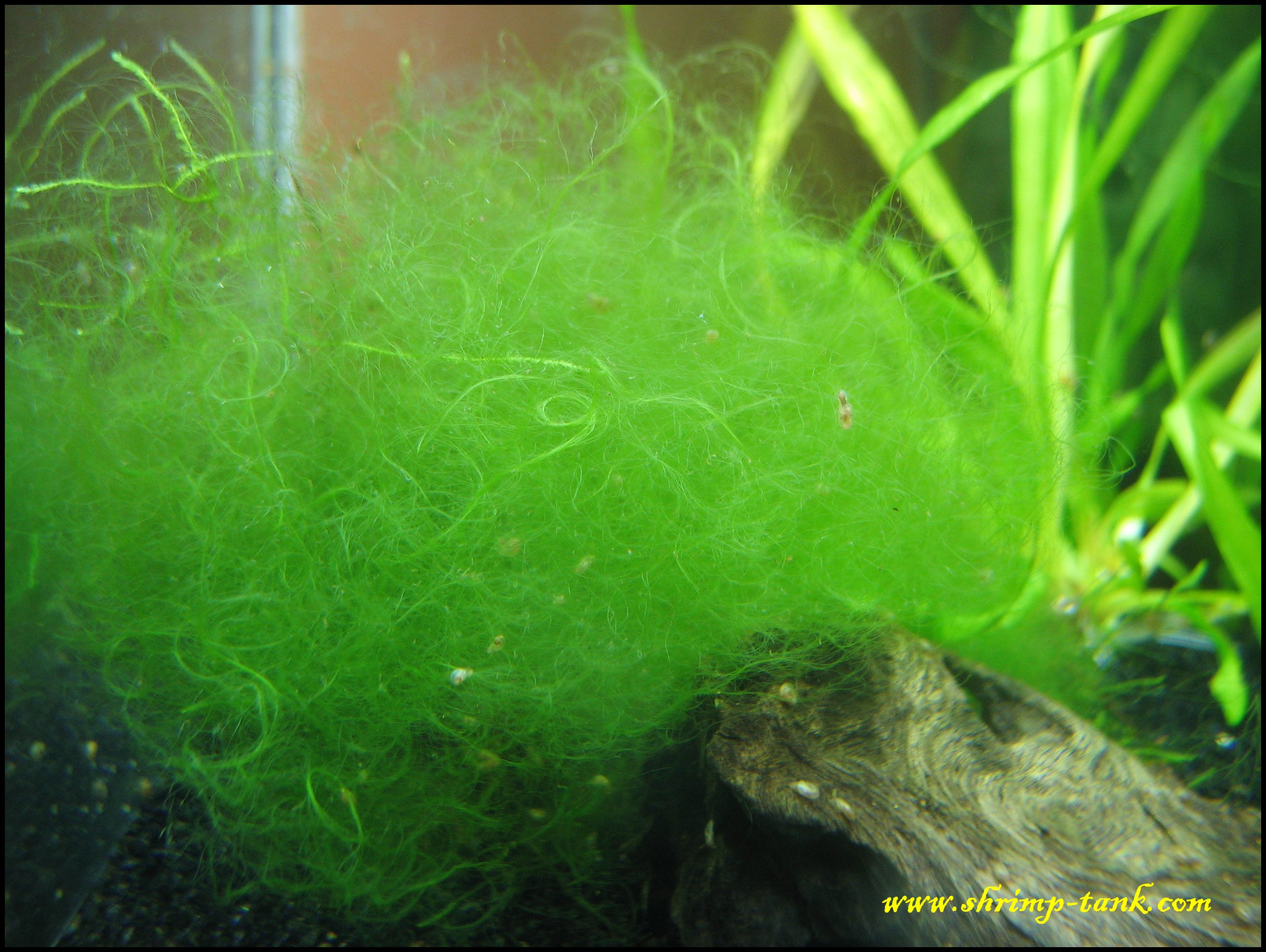
Green Algae Aquarium
Cyanobacteria and algae. Ferran Garcia-Pichel, Jayne Belnap, in Principles and Applications of Soil Microbiology (Third Edition), 2021. Green algae. Green algae are the most diverse of the algal groups, with at least 7000 species. Most are aquatic, but many are found in a variety of habitats that include soils, tree bark, snow, and in symbiotic relationships with a variety of organisms ranging.

Green alga (Caulerpa prolifera) Green algae, Ocean plants, Algae
This episode covers the topics of algae bloom - one of the main reasons why aquarium enthusiasts leave this beautiful hobby. Join us and learn about the root.

Green Algae On Rocks Image & Photo (Free Trial) Bigstock
Florida Gov. Ron DeSantis has earmarked $30 million to pay for more efforts to reduce blue-green algae in the Caloosahatchee River and increase water quality in its watershed throughout Lee and Glades counties. "These projects will continue our momentum and further our commitment to preserving the important role Florida's environment plays.
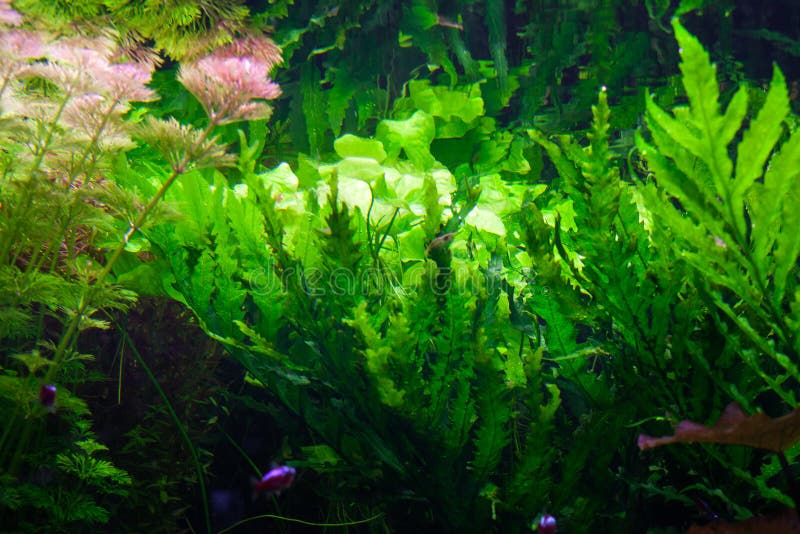
Many Beautiful Green Algae. Stock Image Image of exotic, aqua 120482853
The algae are caused by a type of bacteria called cyanobacteria, which are made up of single-celled species and other species with cells made up of colonies and filaments. These cyanobacteria thrive in warm, nutrient-rich water — and if there's an excess of nutrients, harmful algal blooms can form. The most common causes of excessive.
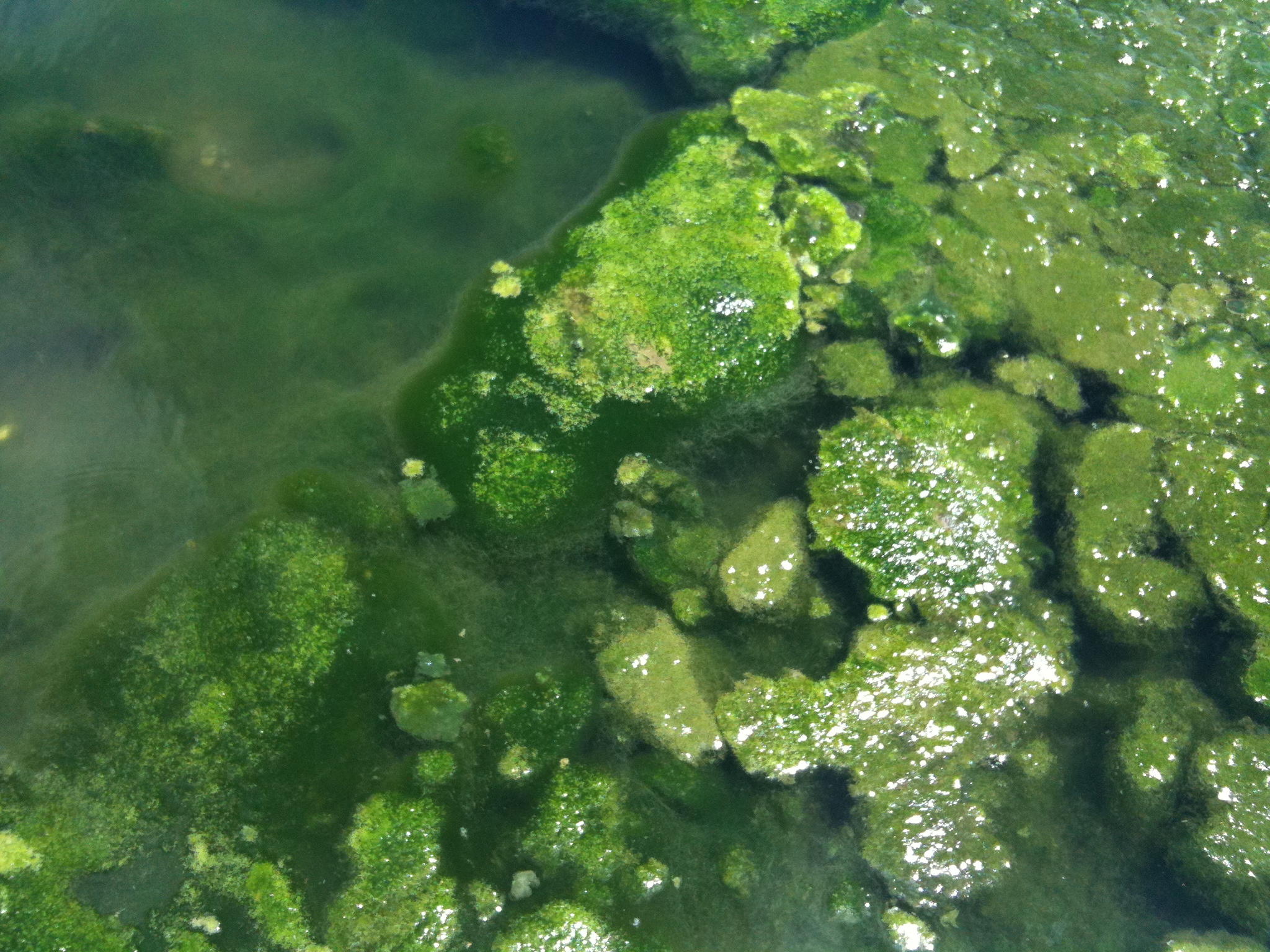
Gallery For > Green Algae
If the blue green bacteria is covering sensitive plants or objects that you don't want sucked out of the tank, take your finger and brush the affected areas to loosen up the slime and then siphon it out. Tools like a tooth brush can also be used, it's up to you. Finish up with a 25-50% waterchange. If frequent manual removal, more consistency.
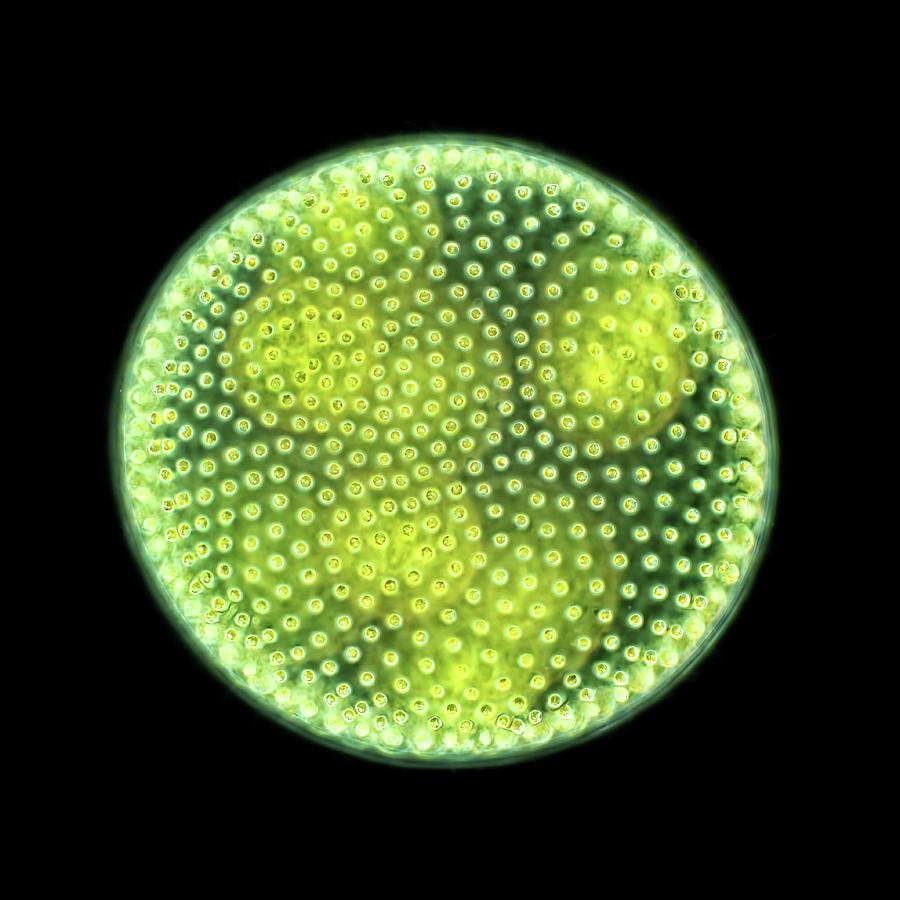
Volvox Green Algae Photograph by Rogelio Moreno/science Photo Library
The Portuguese companies Green Aqua and Algikey started a strategic partnership to produce and commercialize algae products for the aquaculture market. This partnership aims to introduce large and reliable production capacity to the markets based on a wide portfolio of high-quality products.
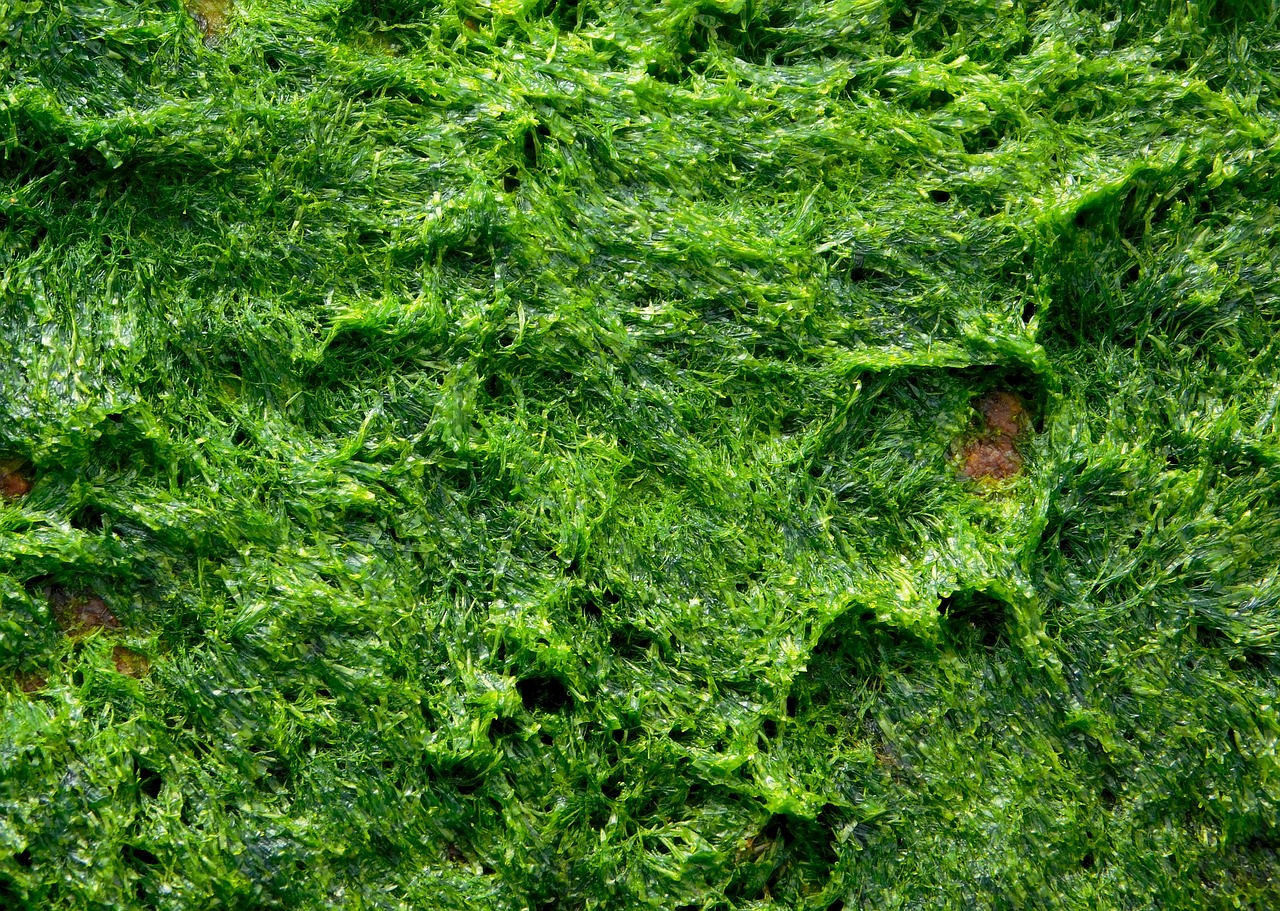
Health Benefits of Green Algae Eat Algae
Red or beard algae: This is the toughest algae to get rid of, and it usually appears on plants. A dip in a weak (5 to 10 percent) bleach solution for a few minutes will often kill this type of algae. Green algae: This is also known as hair, thread, or spot algae. It is a healthy type of algae that every tank will most likely experience to some.
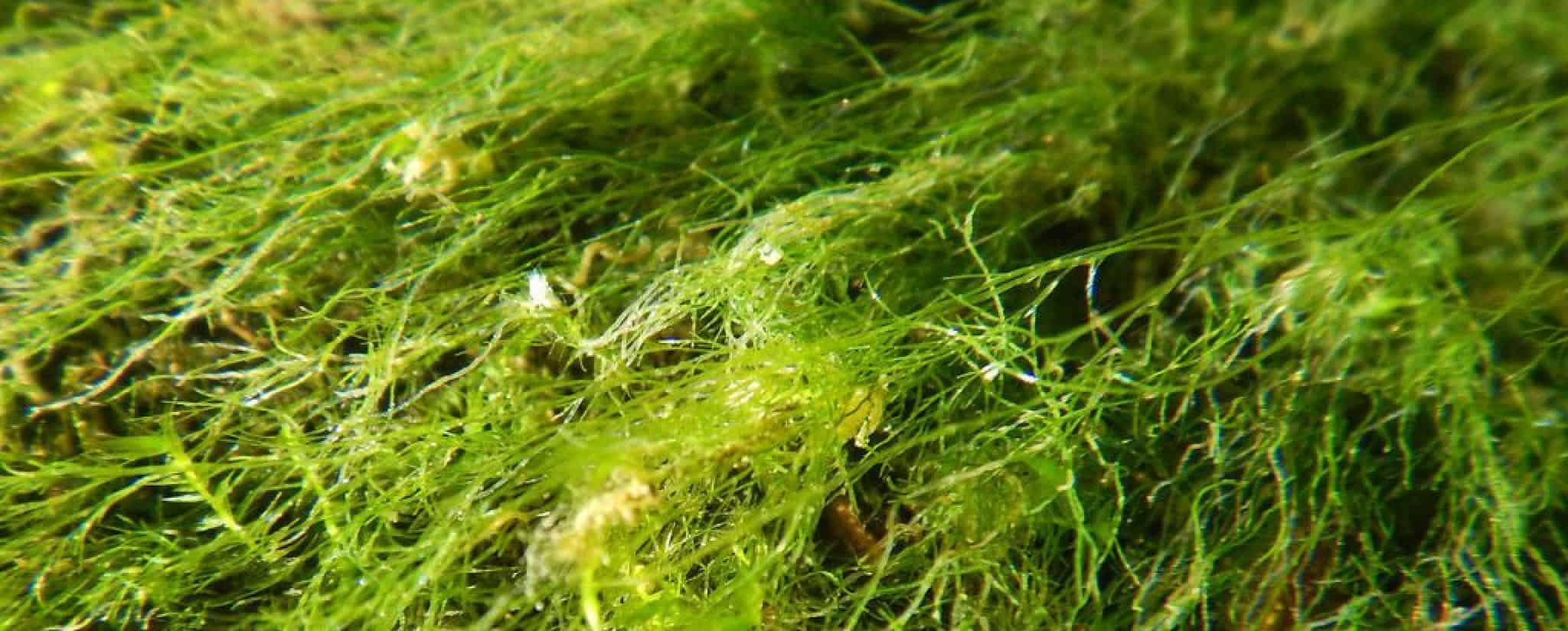
4 Different Types Of Pond Algae (With Pictures) Aqua Movement
3. Blue-Green Algae. Technically, Blue-Green Algae isn't an alga but a cyanobacteria that's also called Slime or Smear Algae, and for good reason. Blue-Green Algae grow fast and cover everything in sight, coming off in sheets when attempting their removal. It's both slimy and stinky, giving off an unpleasant fishy odor.

Green water alga stock photo. Image of organic, landscape 93672748
5. Fuzz Algae Green Fuzz Algae (Oedogonium) filamentous hair algae. This short green algae creates a fuzzy appearance on aquatic plants, aquascaping decor, and aquarium glass. Green Fuzz Algae is a thread alga that grows thin threads of just a couple of millimeters on plant leaves. All threadlike algae are indicative of low- or fluctuating CO 2.
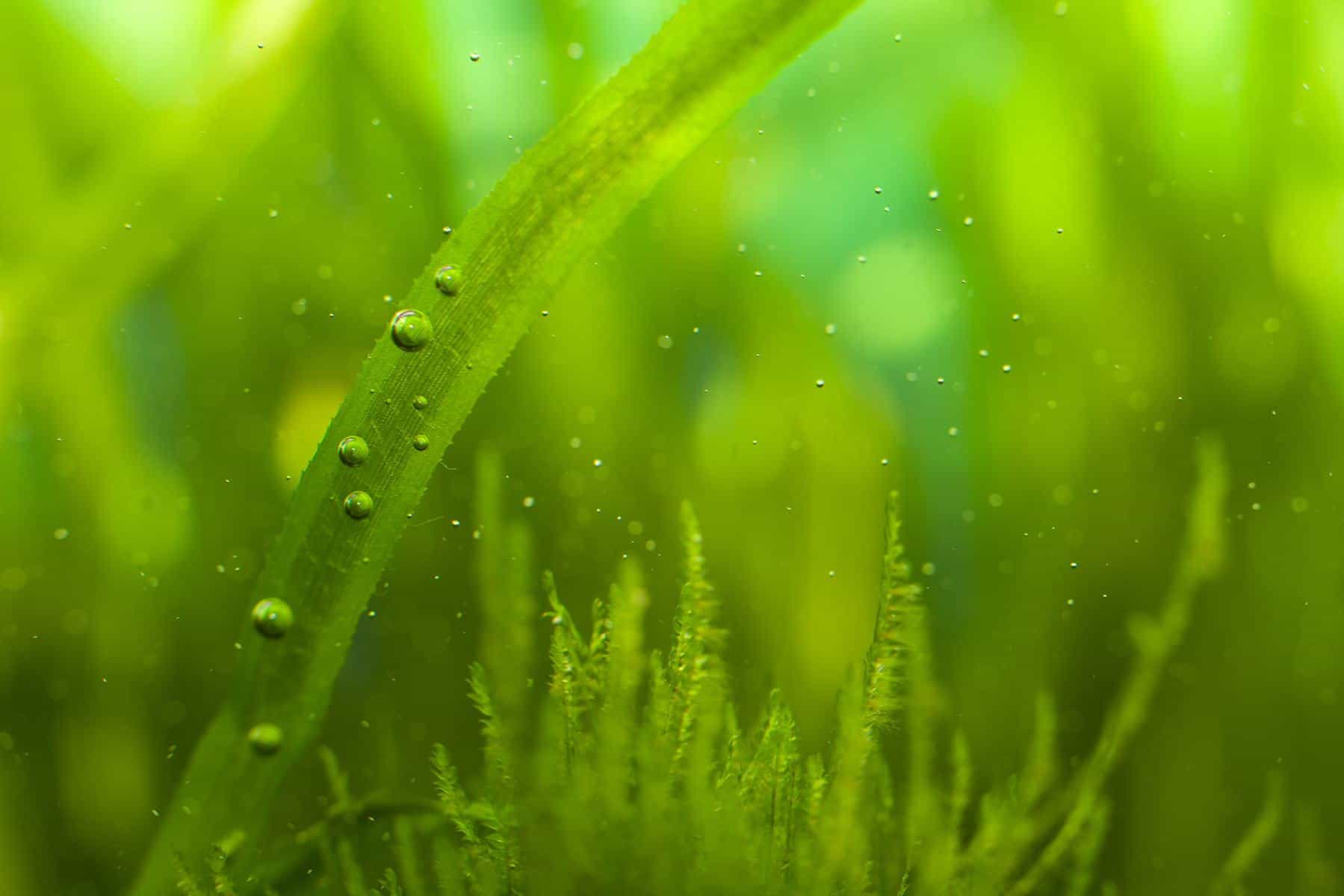
Green Spot Algae How To Identify And Treat This Pest
This unicellular chlorophycean green alga—formerly called Chlamydomonas raudensis (Possmayer et al., 2016)—resides in the permanently ice-covered Lake Bonney (McMurdo Dry Valleys, Antarctica) (Pocock et al., 2004) (Figures 1 A and 1B) and is so attuned to cold water (∼5°C year-round) that it cannot grow above 18°C, making it a true.
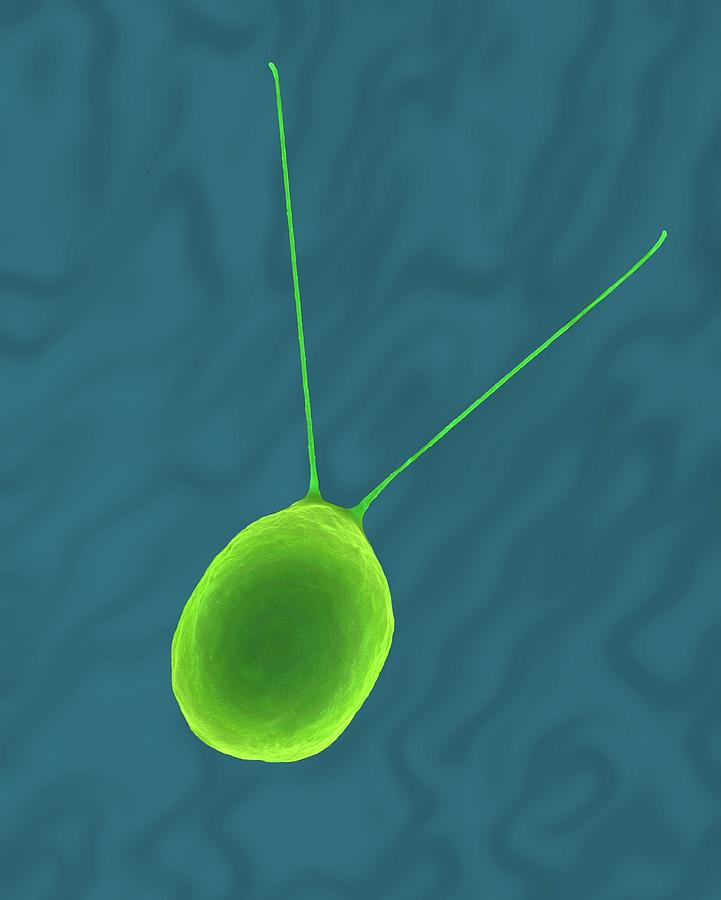
Green Alga (haematococcus Pluvialis) Photograph by Dennis Kunkel Microscopy/science Photo Library
In short: the presence of light and ammonia. The more light we have (and modern, high-tech aquariums have a lot of light), the less ammonia is needed to trigger algae-bloom. This is why beginning aquascapers see more algae after setting up their aquariums than traditional, low-tech hobbyists.
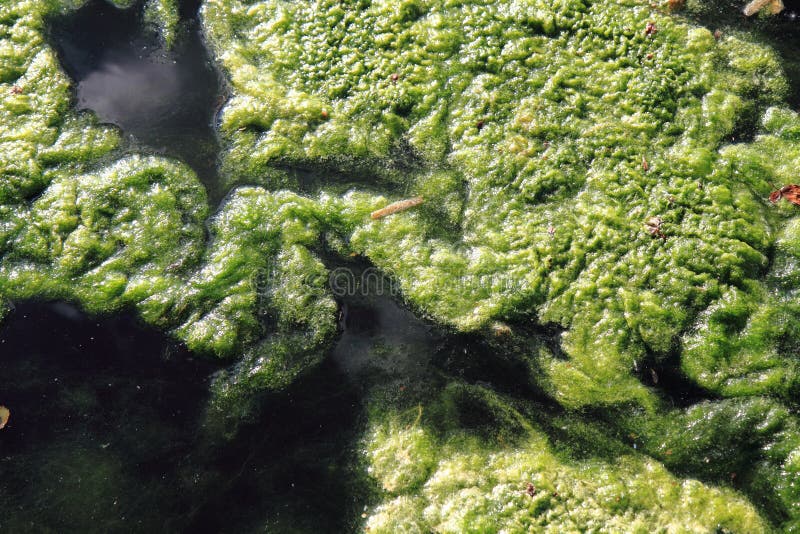
Green water alga stock photo. Image of algae, pond, blue 93672824
Methods for getting rid of green spot algae. There is a difference between green spot algae (GSA) vs green dust algae (GDA). Green spot algae forms distinct circular dots that are very tough to scrape off while green dust algae is easily wiped/scrapped away. GDA is what usually forms on aquarium glass.

How to control filamentous green algae. (Hair, fur, fuzz, thread algae) The 2Hr Aquarist
Algae guide Green Aqua 3 years ago Updated To learn more about the different algae types, please read our algae guide on our website which will help you with the basics. How to identify and eliminate them. https://greenaqua.hu/en/alga-tajekoztato